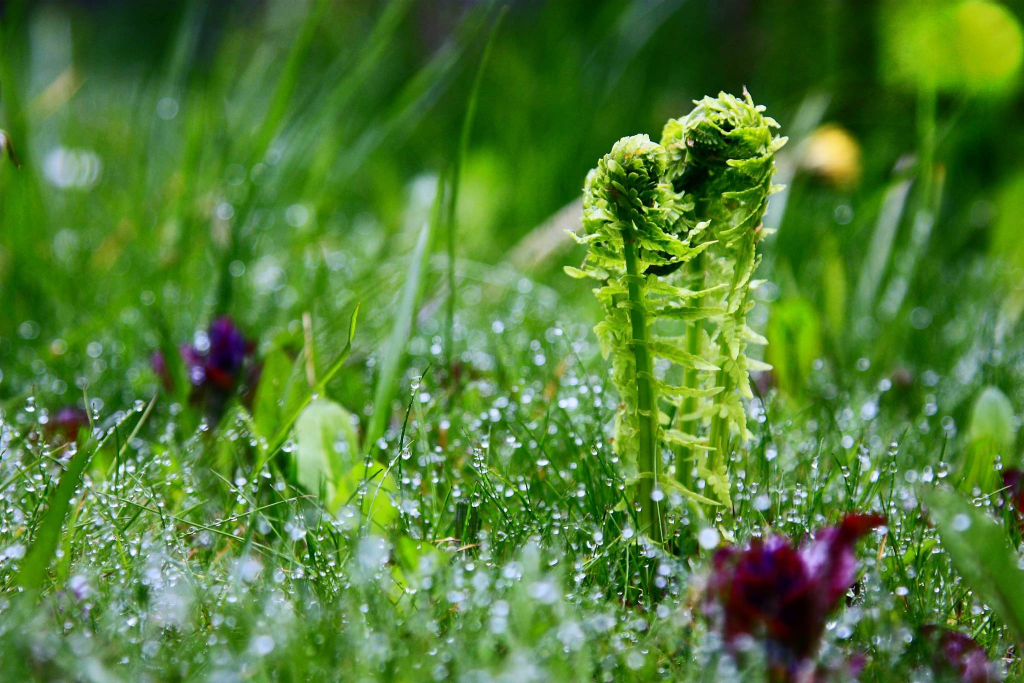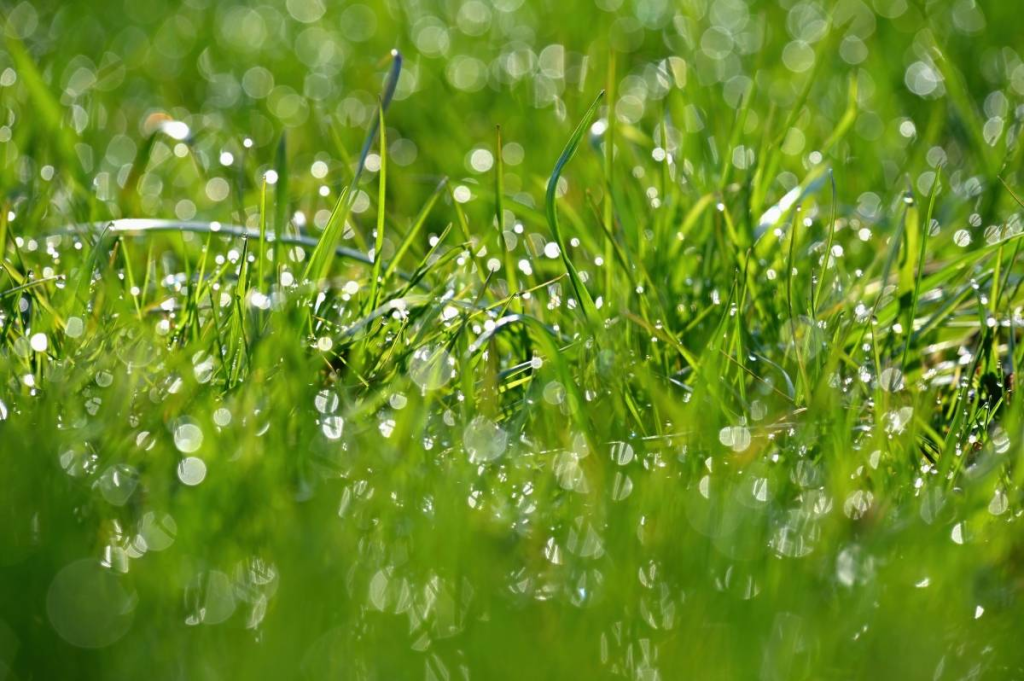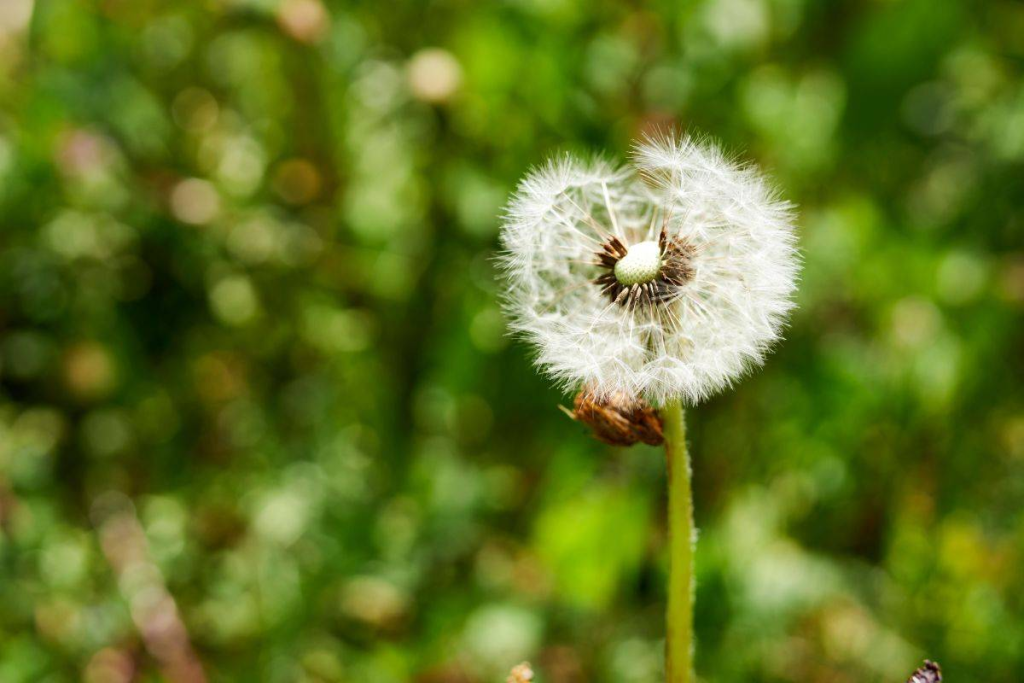Plants are one of the most important forms of life on Earth. They provide humans with a variety of resources and services, including food, oxygen, medicine, fiber, and wood. Without plants, humans will not be able to survive. This article will introduce the importance of plants to human survival from three aspects: plants participate in the carbon cycle and maintain atmospheric balance; plants protect the soil and prevent soil erosion; plants increase biodiversity and promote ecosystem health.
- Plants participate in the carbon cycle and maintain atmospheric balance
Carbon is a basic element of life, and it circulates continuously between the atmosphere, organisms, and geology. Plants use solar energy through photosynthesis to convert carbon dioxide in the atmosphere into organic carbon and release oxygen. This process not only provides food and energy for humans, but also reduces the concentration of greenhouse gases in the atmosphere and slows down the impact of global warming. At the same time, plants also consume part of the organic carbon and release carbon dioxide through respiration. In this way, plants establish a carbon balance between the atmosphere and organisms, keeping the ratio of oxygen to carbon dioxide on the earth at a level suitable for human survival.

Without plants, humans will face the danger of serious air pollution and hypoxia. The carbon dioxide in the atmosphere will continue to increase, leading to an intensified greenhouse effect and rising temperatures on the earth. At the same time, the oxygen in the atmosphere will continue to decrease, making it difficult for humans to breathe. Humans may need to invent filters or synthetic foods to sustain life.
- Plants protect the soil and prevent soil erosion
Soil is the basis of human agriculture and industry. It provides nutrients and water for plants, and also provides humans with a variety of minerals and organic substances. However, soil is also a very fragile resource, which is vulnerable to threats such as wind erosion, water erosion, and chemical pollution. Plants can effectively protect soil from erosion and pollution through their roots and aboveground parts. The roots of plants can fix soil structure, increase soil stability and permeability, and reduce runoff and sediment loss. The aboveground parts of plants can shade the soil surface, reduce soil temperature and evaporation, and increase soil moisture and organic matter content. At the same time, plants can also absorb or degrade some harmful chemicals and purify the soil environment.

Without plants, the soil will suffer serious degradation and loss. The soil surface will be exposed to strong wind, rain and sunlight, resulting in soil structure damage, soil quality decline, and loss of soil fertility. A large amount of silt will flow into rivers and lakes with water, causing water pollution and siltation. Humans will lose important agricultural and industrial resources and will also face the threat of floods and droughts.
- Plants increase biodiversity and promote ecosystem health
Biodiversity refers to the diversity of different species and genes on the earth. It is the essence and value of life. Plants are an important part of biodiversity. They not only have rich morphology, structure, function and genetic characteristics themselves, but also provide habitats, food, protection and symbiosis for other organisms. A complex food web and material cycle are formed between plants and other organisms, maintaining the balance and stability of the ecosystem. Plants are also the source of human culture and spirit. They provide humans with multiple values such as beauty, inspiration, education and entertainment.
Without plants, biodiversity will decline significantly, and the ecosystem will lose balance and stability. Many animals that rely on plants will not be able to survive, resulting in a break in the food chain and extinction of species. The function of the ecosystem will be damaged and will not be able to provide humans with natural capital such as clean water, air, and soil. Humans will also lose the beauty and happiness brought by plants and become lonely and depressed

In summary, plants play a vital role in human survival. They participate in the carbon cycle and maintain atmospheric balance; protect the soil and prevent soil erosion; increase biodiversity and promote ecosystem health. Without plants, humans will not be able to survive on Earth. Therefore, we should cherish and protect plant resources, live in harmony with plants, and build a green and beautiful home together.
